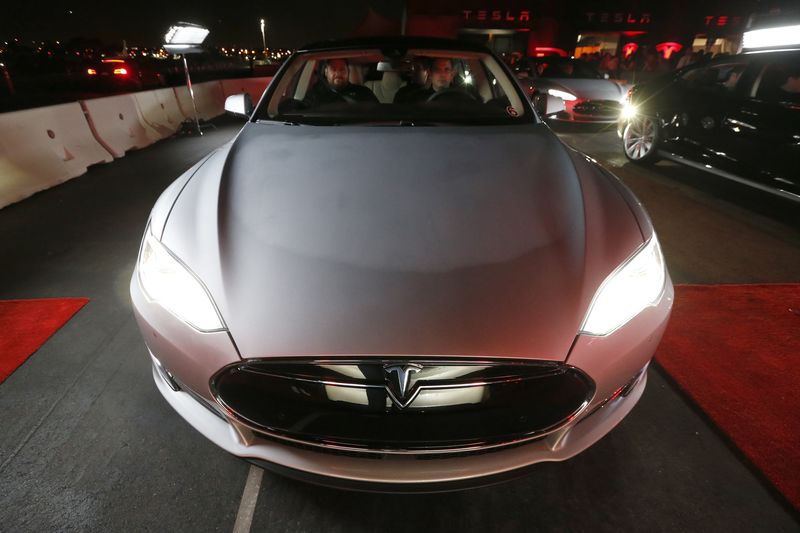This post was originally published on this site
https://i-invdn-com.investing.com/news/LYNXNPEA9907F_M.jpg
Shares of lithium producer Sigma Lithium Corp (NASDAQ:SGML) rose 21% in pre-open trading Tuesday following reports late Friday from Bloomberg that EV giant Tesla (NASDAQ:TSLA) was considering a bid for the company. Tesla CEO, Elon Musk, is said to be talking with advisors about a potential bid.
Commenting on the possible deal, Wells Fargo analysts said a deal would secure needed Li supply and help capture margin for Tesla.
“Rising lithium (Li) costs is a driver of the negative BEV economics highlighted in our BEV Teardown Series,” they commented. “In July 2022, Musk commented Li refining is “a license to print money” with “like software margins”. The Li market has remained tough. Recently, TSLA amended their Li contract with Piedmont to market levels (+1,000% since original signed contract). Therefore, the potential acquisition is plausible as it would secure need Li supply & capture margin.”
The analysts add that Sigma’s Phase 1 lithium production forecast could support about 900,000 vehicles and Phase 2 and 3 could add capacity for about 1.7 million vehicles if the mine produces at the targeted rate. They note that this compares to Tesla’s 2022 delivery target of more than 1.8 million.
Analysts said that while the implied valuation of over $3 billion for Sigma Lithium is “not significant” for Tesla, given its more than $650B market cap, a notable downside from the transition is the location in Brazil. This “likely means Li supplied from this site would likely not meet the US IRA sourcing credit ($3,750 for US buyers),” they commented.
Further, while a transaction would reduce Tesla’s financial exposure to Li prices, “there are operational risks as TSLA would be entering a business outside its current core competencies.” The analysts highlight that traditional car makers like GM (NYSE:GM) are inking raw material partnerships, versus acquisitions.

